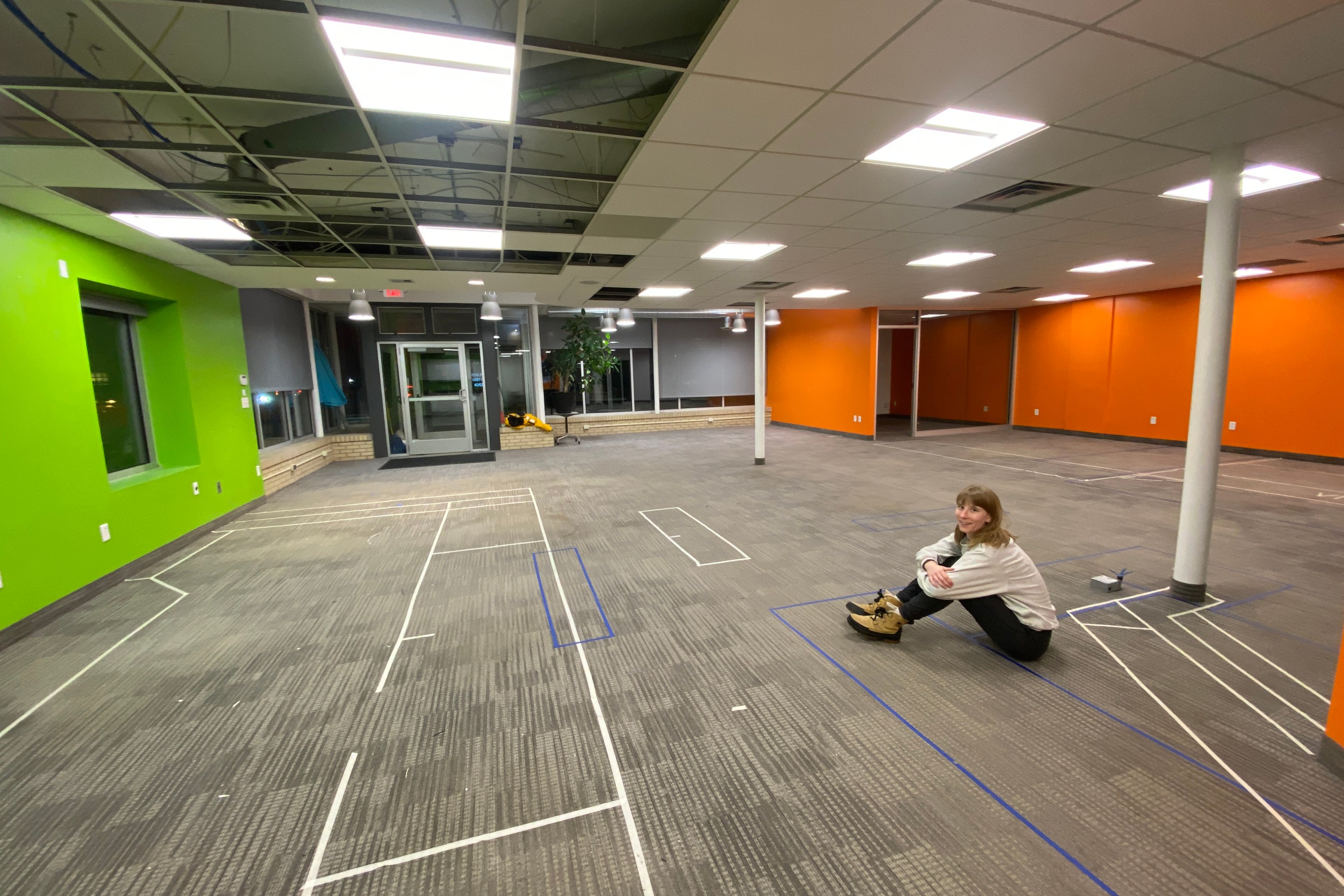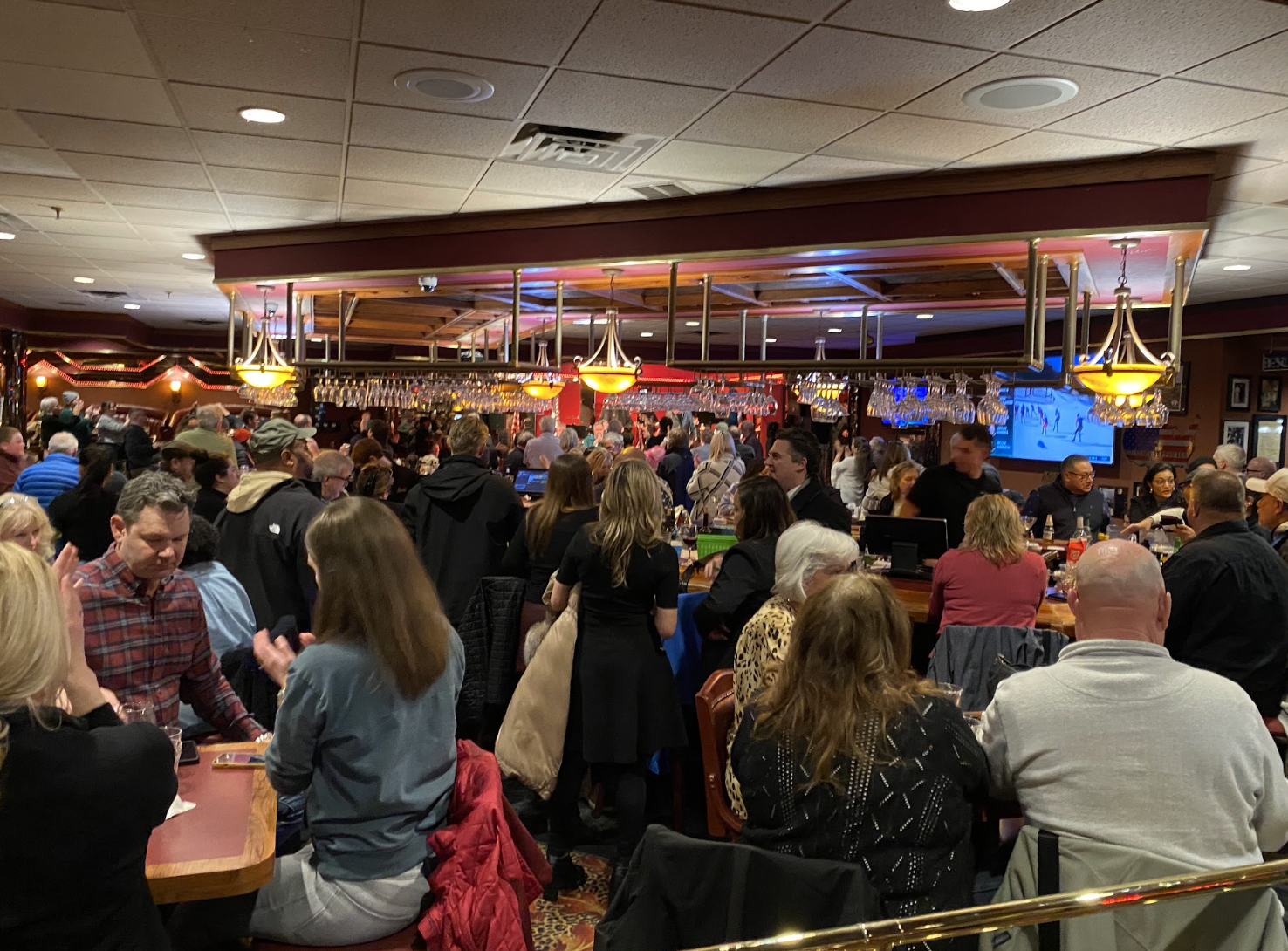Before 2010, institutional investors didn't really exist within the U.S. single-family housing rental market. But since then, Wall Street has hoovered up hundreds of thousands of homes to the tune of $60 billion, the New York Times reported in 2020, squeezing out would-be individual buyers and worsening the country's housing affordability crisis. Private-equity firms like Blackstone and Pretium Partners might control 40% of single-family rental homes by the end of the decade, according to analysts with MetLife Investment Management, representing a huge chunk of a market that's currently valued at $4.4 trillion.
“What is really dangerous to tenants and communities is the full integration of housing within financial markets,” MIT researcher Maya Abood told the Times. "Because of the way our financial markets are structured, stockholders expect ever-increasing returns. All of this creates so much pressure on the companies that even if they wanted to do the right thing, which there’s no evidence that they do, all of the entanglements lead to an incentive of not investing in maintenance, transferring all the costs onto tenants, constantly raising rents."
Closer to home, the Star Tribune analyzed the impact of corporate landlords on the Twin Cities housing supply in late 2021. Investor-owners, defined as people or entities that own two or more properties they don't live in, controlled 4% of local singe-family homes at the time, a still-small figure that had managed to double since 2006, according to the Federal Reserve Bank of Minneapolis. Yet in some locations like northeast Minneapolis, Fridley, and Hopkins, that number exceeds 25%. "[Those places] are being transformed by corporate ownership, a phenomenon that shows no signs of letting up," wrote Strib reporter Jim Buchta. Last year, Minnesota Attorney General Keith Ellison sued hedge fund-backed HavenBrook Homes for failing to maintain its portfolio of properties, which includes 600+ single-family homes in the Twin Cities. “They come into low-income community neighborhoods and they buy up and they buy fast,” HavenBrook tenant Shanika Henderson told the Minnesota Reformer.
This legislative session, Rep. Esther Agbaje (DFL-Minneapolis) introduced a bill that would outright ban "corporate entities, developers, and contractors
from converting single-family homes into a rental property unit." Agbaje anticipates fierce pushback from lobbyists, industry groups, and Republicans. (We're already seeing agitation in the Strib's Opinion section, like this piece from an ex-Heritage Foundation stooge.) But she's optimistic this bill, unlike a similar one that stalled out during the previous session, will find momentum in the DFL-controlled legislature. Agbaje chatted by phone with Racket about its importance, specifics, and prospects.
What inspired you to author this bill?
The inspiration came from noticing there’s a lot of corporate landlords. So I live in a multi-family building, and I noticed the last building I lived in also belonged to a corporate landlord who didn’t live there. And then I saw the story about HavenBrook Homes, which also had properties in my district, and it was a number of single-family homes owned by an investor-owner corporate entity that was basically nameless and faceless to a lot of residents. When you compound that with what’s happening with short-term rentals, it seems to me like there’s gotta be an issue here: How can we hold these landlords accountable? Or stop them from buying up all these single-family homes, which also prevents people from becoming first-time homebuyers in a lot of these markets? That’s what piqued my interest.
When we get into the granular details of your bill, what defines a single-family corporate housing investor?
We had our first hearing in late January or February, and we heard a lot of feedback about trying to define that more. But what we’re looking at doing, and what we’ll have in some new language coming up, is making sure that it’s corporations or investor shops that own a significant amount of property. We’re thinking of something like portfolios that maybe are 10 or more homes. We don’t want to clamp down on people who might own one or two properties, and they rent out one or two of them. That’s not really quite a big deal. Once you get into holding large amounts, whole neighborhoods, at a certain point that’s where the problems start to arise.
Obviously it’s on the rise locally here in Minnesota, though not as bad as in places like Nevada and California. How alarming is the recent surge to you?
It’s been relatively recent, and growing relatively slowly over the past eight years. That’s kind of troubling. The other piece that’s troubling is the areas that have high concentrations—30%, 27%—they tend to be in communities that are either lower income or have significant populations of color. That’s another issue: Black and Brown people have systematically been kept out of homeownership and wealth building through that space on purpose in this country. This could be seen as another attempt at redlining by another name. These corporate entities can come in and buy these properties with cash. If family, say, Smith, wants to buy a home, it’s like sorry; if you don’t have cash, if you don’t become a desirable buyer, it’s a lot harder.
I’m sure you’re aware of the federal version of your way that started working its way through congress last fall. If you google the name of California Rep. Ro Khanna's bill, the Stop Wall Street Landlords Act, all the framing is: faces uphill battle, grim odds, giant lobbyist pushback. I don’t know how true those portrayals are, but how much pushback do you expect? How challenging will this be to pass?
It’s going to be challenging. The bill had a hearing in the House and in the Senate, and both times we had a number of investor groups, Realtor groups, come out and say this is a bad idea. Our members on the other side of the aisle also talked about how this would somehow take away from their property rights if they wanted to form a business and buy homes. I don’t see it that way. I actually see it as the opposite: Allowing these corporations to come in and buy up these huge swaths is actually taking away from the property rights of individuals.
These are people who want to get into homeownership; they may have saved and done the work they’re supposed to do, get a down payment, and then they come to find out there’s nothing for them to buy. Everything is either too highly priced or the seller wants to go with the easiest buyer. What’s forming in the market now is an inherent unfairness. What we’re trying to do is level the playing field. I think a lot of people find it hard to believe government can do that. But what we’re doing is protecting the rights of individuals and families to build their wealth, gain property, and follow that version of the American dream.
That’s really interesting to think about, because whenever there’s a rent control ordinance that gets passed, there’s always, reliably a so-called mom ‘n’ pop landlord that gets trotted out saying, “We’re the victim here!” But in this scenario, the mom ‘n’ pop landlord actually is one of the victims.
Yeah, that’s another way to think about it. Especially, once we update the language, we will be saving some space for those really small, mom ‘n’ pop landlords, right? But what we don’t want to do is say that every landlord has the ability to create profits at the expense of someone who wants to pass on something down the generations, for their children and grandchildren.
What makes me feel kinda optimistic about this bill, even though it’s not being reflected by your Republican colleagues, is that it should have bipartisan appeal. I think in this age of galling inequality, there seems to be a sort of populist pushback against brazen corporate greed. And as far as I can tell, that seems to be the only beneficiary of the current system, correct?
It is to me [laughs].
I don’t know who’s winning here other than, like, Wall Street.
Right. Ya know, I think that’s definitely inherent. We’re in this space where a lot of people think corporations do no wrong or should get everything they ask for. Corporations, to the extent we need them, I’m sure can provide great service for folks. But, at the end of the day, there also seems to be this insatiable need for profit. To me, housing should not be this commodity that’s bought and sold on balance books.
Because at the end of the day, real people live there. Real people are building communities here, trying to form stability here. We know all of the detrimental things that can happen when there’s housing instability. So many of the social ills that everyone looks to government to solve, I think a lot of that can be solved if we give people that basic foundation of a stable, dignified, safe place to live. And lead first with the humanity of the people who live in these homes, whether they’re renters or homebuyers. And for those who want to become homebuyers, we need to be sure we’re keeping homes for people.
What’s next for your bill?
We have a couple more committee stops, we’re still updating language based on what we’ve heard from stakeholders, so there’ll still be a little more time before another hearing.
Do you get the sense there’s support within your party?
I think so. For most of the people I’ve talked to so far, they’re really interested in the idea. They really like the idea. A lot of them have their own horror stories from their communities of developers coming in. They’ll say, “Oh, we’re actually going to develop this plot of land, we’re gonna build all these houses and sell them to families.” Then, at the end of the day, they sell to another group that turns them into rentals. There are a lot of stories of bait ‘n’ switches like that. And even just stories of, again, when it becomes this nameless, faceless corporation, then dealing with the fallout of having an absentee landlord. [This bill] is about keeping homes for families and for people, and making sure our communities are filled with people who actually want to be there. We’re going to make a real push for it.






